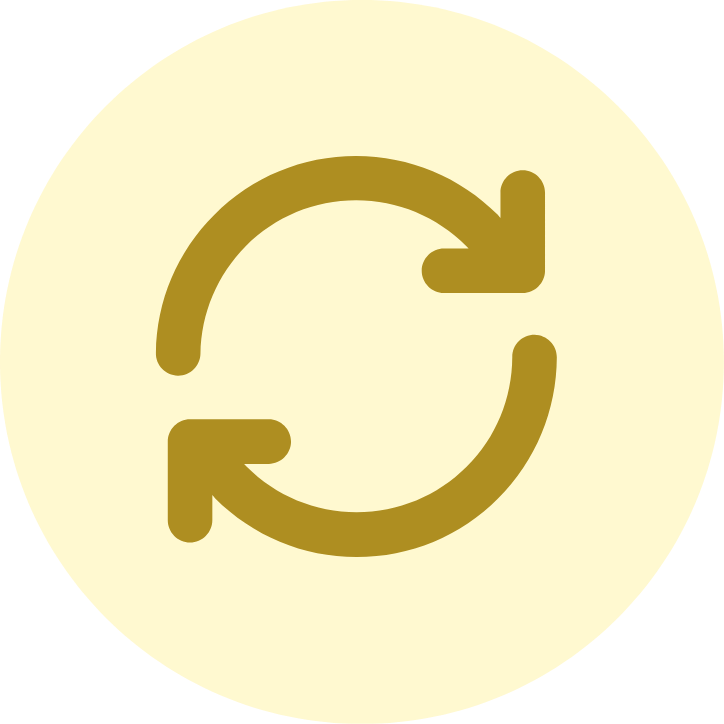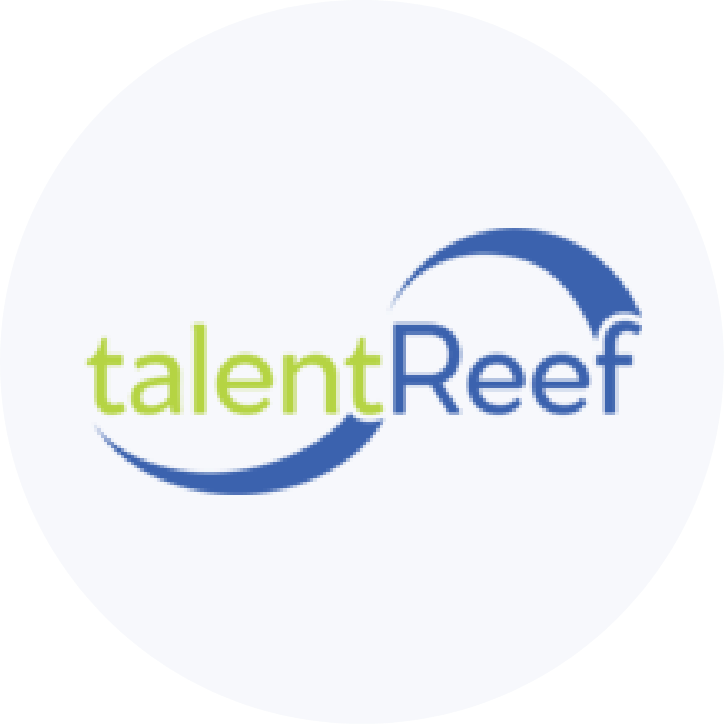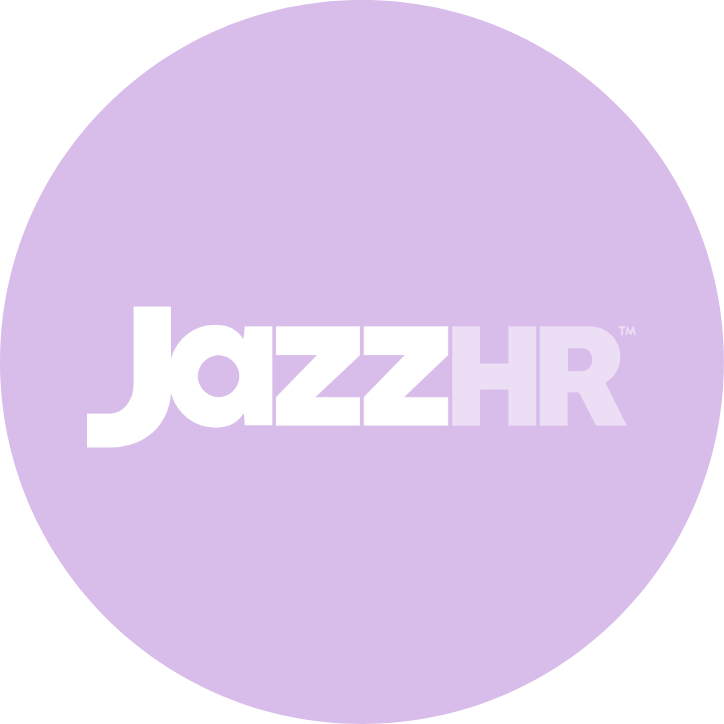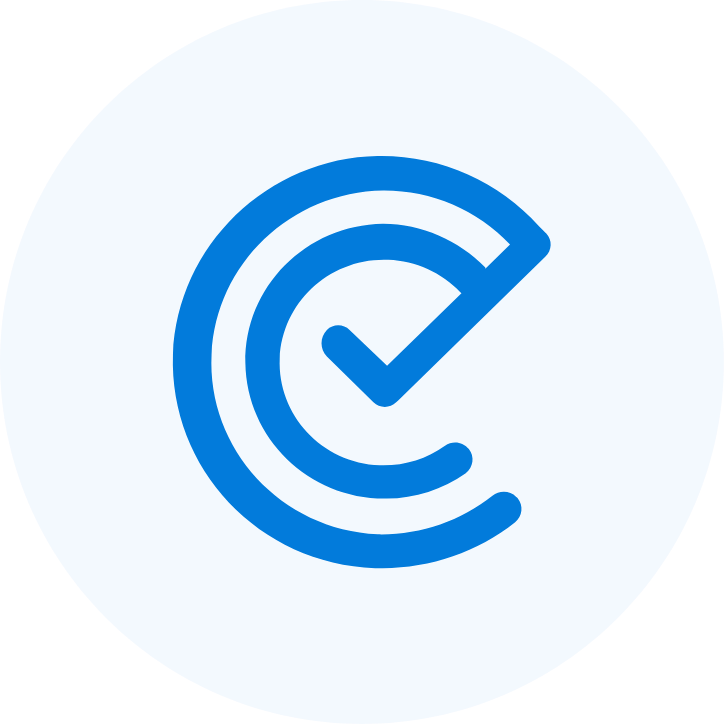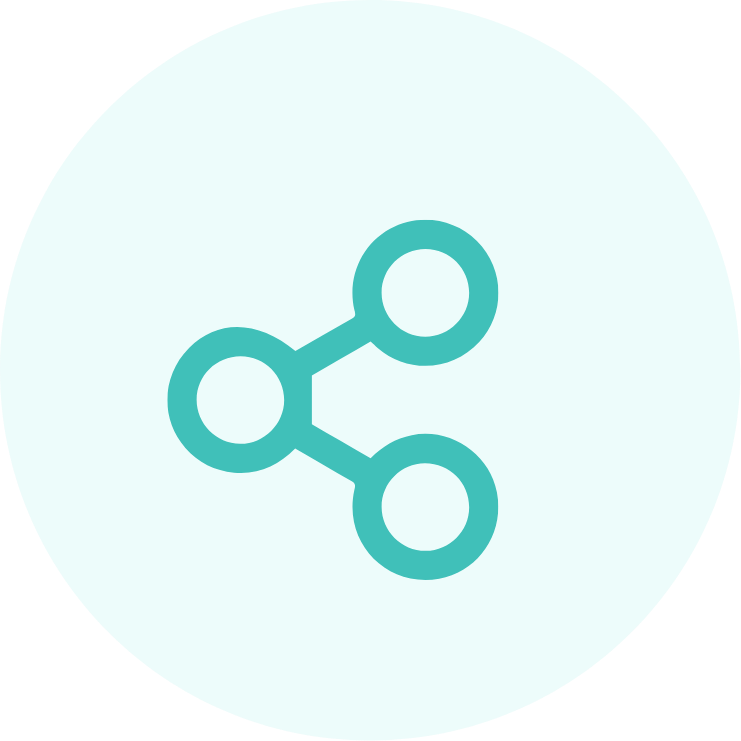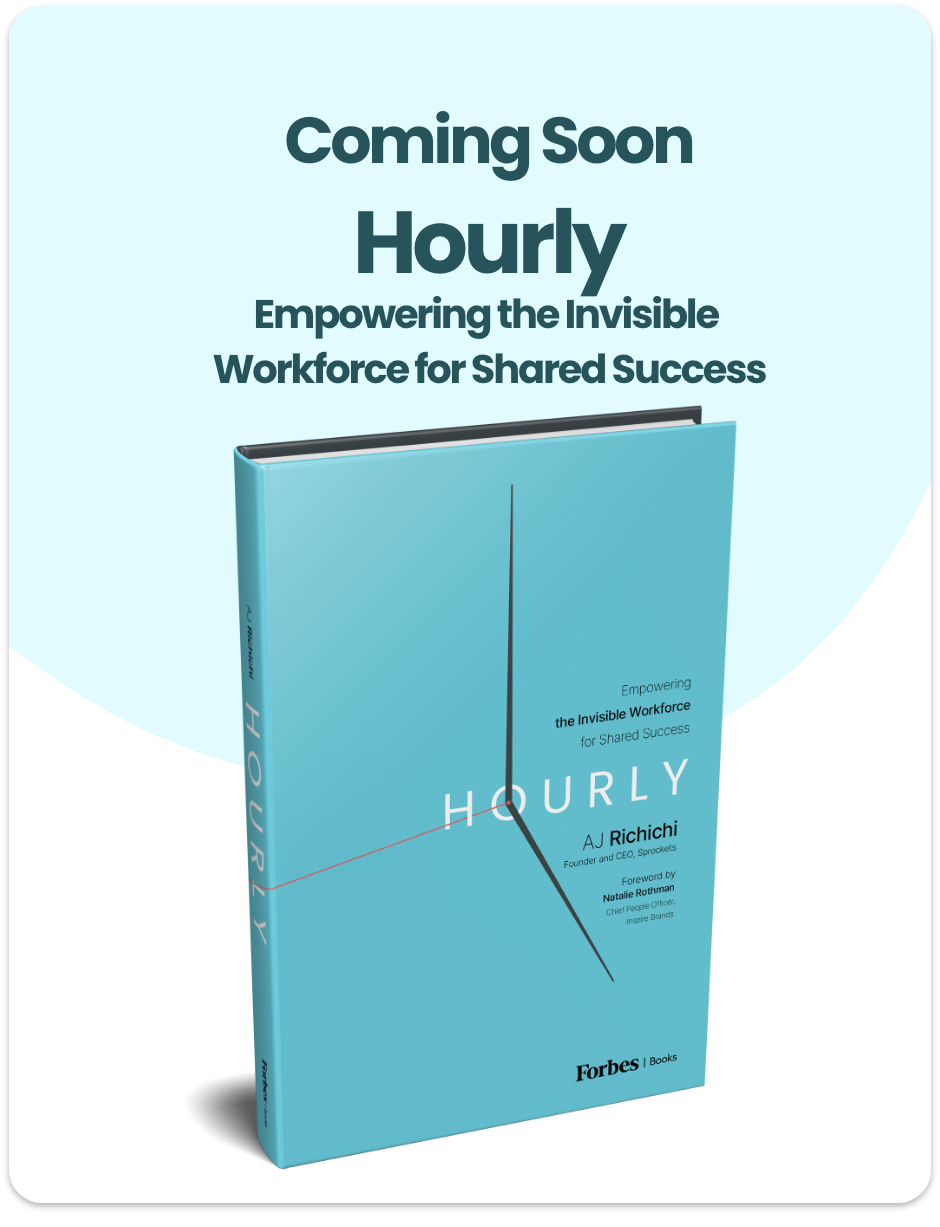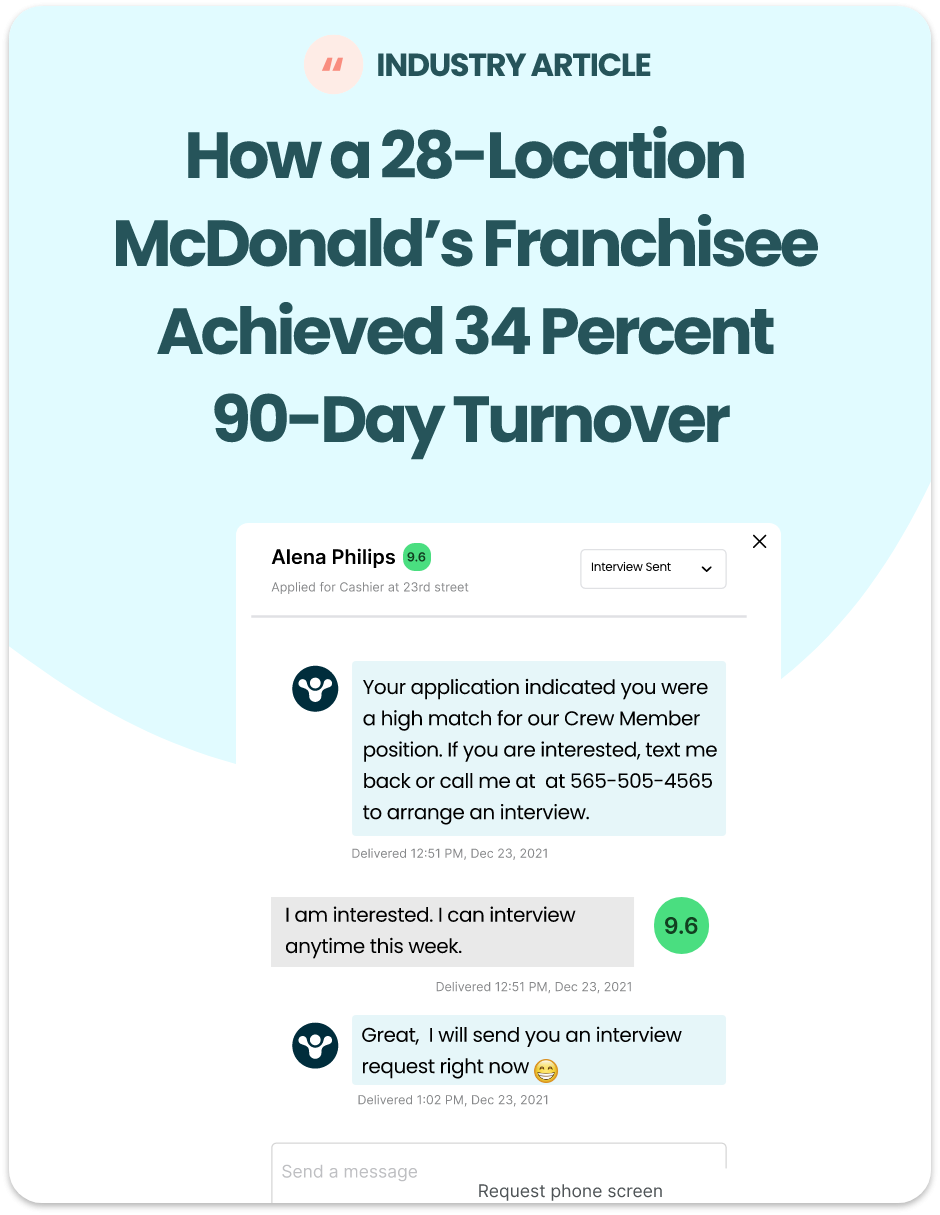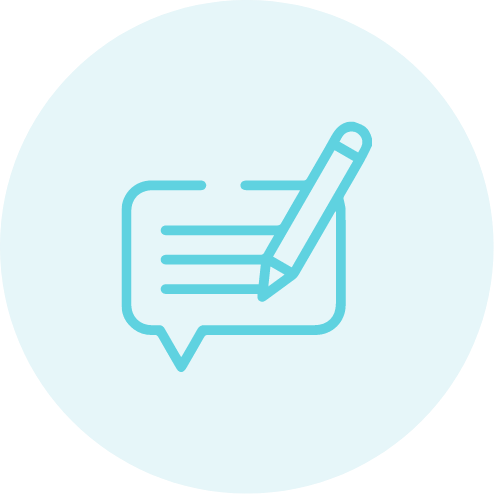The benefits of assessing a candidate’s skills before bringing them into an interview are absolutely endless. This process is often called a screening interview. While it is not an actual face-to-face interaction, the screening interview is the process of getting to know someone. This is done before meeting up with them and can have an impact on hiring decisions. Think of it kind of like researching a person before a blind date. No one wants to go into an interview—or a date—completely blind.
One of the many benefits of doing a little research is that you’ll be able to tailor your job interview questions. Tailored questions allow getting to know the candidate. Human connection cannot be manufactured, but it can be tailored. Knowing your candidate’s skills before going into the interview room gives you and your interviewee plenty to talk about in your meeting. No awkward silences here.
So what are some ways that leaders get to know their interview candidates before they actually speak in any capacity?
It sure isn’t through a resume.
While resumes are still a reasonable tool in their own right, resumes can be easily doctored to look impressive without saying a single word about who your candidate actually is. Hard and soft skill mastery is important. There is no way around that. However, just because a resume lists a manifest of duties and applications of those skills does not mean the employee actually completed those tasks masterfully. This is why assessing candidates is so important.
Cover letters attempted to rectify this conundrum. Yet cover letters are honestly just longer resumes. While they do expand on the skills and experiences listed, cover letters are so stock and tailored toward a stiff professionalism that employers do not get to see the person behind the experience. This raises red flags. There is no such thing as a perfect person, so why does this person seem flawless? Something does not add up.
For this reason, more and more hiring managers are moving away from resumes simply listing work experience to alternative methods of pre-interview screening. Try using these three tips in your recruiting and hiring process to find the right person for the job.
1. The Skills Test
If you are a traditionalist—or just a designer who loves to see what cool formats people create for their resumes—you can still have your potential candidates upload a resume to your application form. While we gave resumes a bit of a bad rap a second ago, resumes do make good complementary tools when used with other methods of assessment. We simply do not believe they should stand alone.
Have your candidates upload a resume with your application and use it as a quick check against your skill test data. If the data matches with the resume, congratulations, you might have a good candidate. However, if the candidate just squeaked by on the skills test and they claim they have excellent whatever skills, you might want to reconsider their integrity. Sometimes people underperform on skills tests due to an off day, but more likely than not, this inconsistency heralds a deeper character issue that you do not want affecting your company and won’t be a good cultural fit.
In that case, a resume can be a very helpful reference for further understanding of your skills test data.
Whether your industry is health insurance or mass producing tea cozies from your exploding Etsy shop, your employees are going to need a certain set of skills to help you grow your business into its next successful season. An automated skills test assesses candidates on the practical skills for the job.
Interviewers have used games, math puzzles, industry-specific questions, and other means to determine how candidates apply their skills. There are different matrices for generating data from these tests. Percentages are the most common for multiple choice answers.
Most employers have a minimum passing score in their tests to ensure only the best candidates get through. Oftentimes this percentage sits at 60%, but this is really subjective in nature. The passing rate for your candidates should correlate directly to how specific your job opportunity is.
2. The Personality Test
In addition to implementing a hard skills test to assess candidates, employers also like to have their potential interviewees take a personality test of some sort. Personality tests allow candidates to demonstrate subliminal personality traits—positive or negative traits of which they might not be aware—to give employers a better idea of the individual behind the skills.
Personality tests can be administered in many forms, and their data is very telling. While personality tests do not have any right or wrong answers, the way candidates answer certain team, or philosophy related, questions will give you a good idea of if they’ll fit into your company culture. Even more though, if the test you give them is in a game format and you are looking to see how well they work as a team, you will be looking to assess their scenario reaction more so than their overall success. Do they win the game because they do it all solo? Do they try to help their teammates overcome obstacles? Are they creative in collaboration? Do they rage quit when things heat up?
Newer predictive hiring solutions like Sprockets offer a way to easily assess candidates. We help companies decide who to hire based on their cultural and intellectual fit. Try us today for free! Check out this blog post on how pre-employment assessments lead to a positive, long-lasting relationship with candidates and employees.
While personality tests are never meant to be stand-alone qualifiers for a person’s ability to do a job, they do have many tells within their questions to let you know who is most apt to fit into your team.
3. Know Your Ideal Candidate
Our last piece of advice is to know your ideal candidate. Before you sit down to create your screening requirements for the open position, you need to assess just exactly what you are looking for. What position are you trying to fill? Why? Can you consolidate another position into this one? If so, do you even need to hire?
- What qualities are you looking for?
- Which skillset does the position require?
- What would be a deal-breaker on a candidate for your company?
- Why does your company need this candidate?
Knowing the answers to these questions will help you narrow down what to look for in interviews. This will allow you to tailor your questions and personality test to exactly what you are looking for.
The ideal candidate is going to know their stuff, be personable, and bring your company growth. Being specific, but flexible, on your pre-screening process will allow you the opportunity to see a diverse group of people.
Conclusion
Open-mindedly approaching the results of the tests is the key to finding the best job candidate. Sometimes, personality tests can lead business owners to think there is only one type of person who can fill a position in their work environment. However, using the personality test as a guide to understanding a person’s thought processes is much more effective than using it as a blanket identity. A person’s personality is forged through experience, and all habits—including weaknesses—can be strengthened with coaching, patience, and practice.
When you take the time to assess candidates, your fourth-quarter earnings will thank you.


